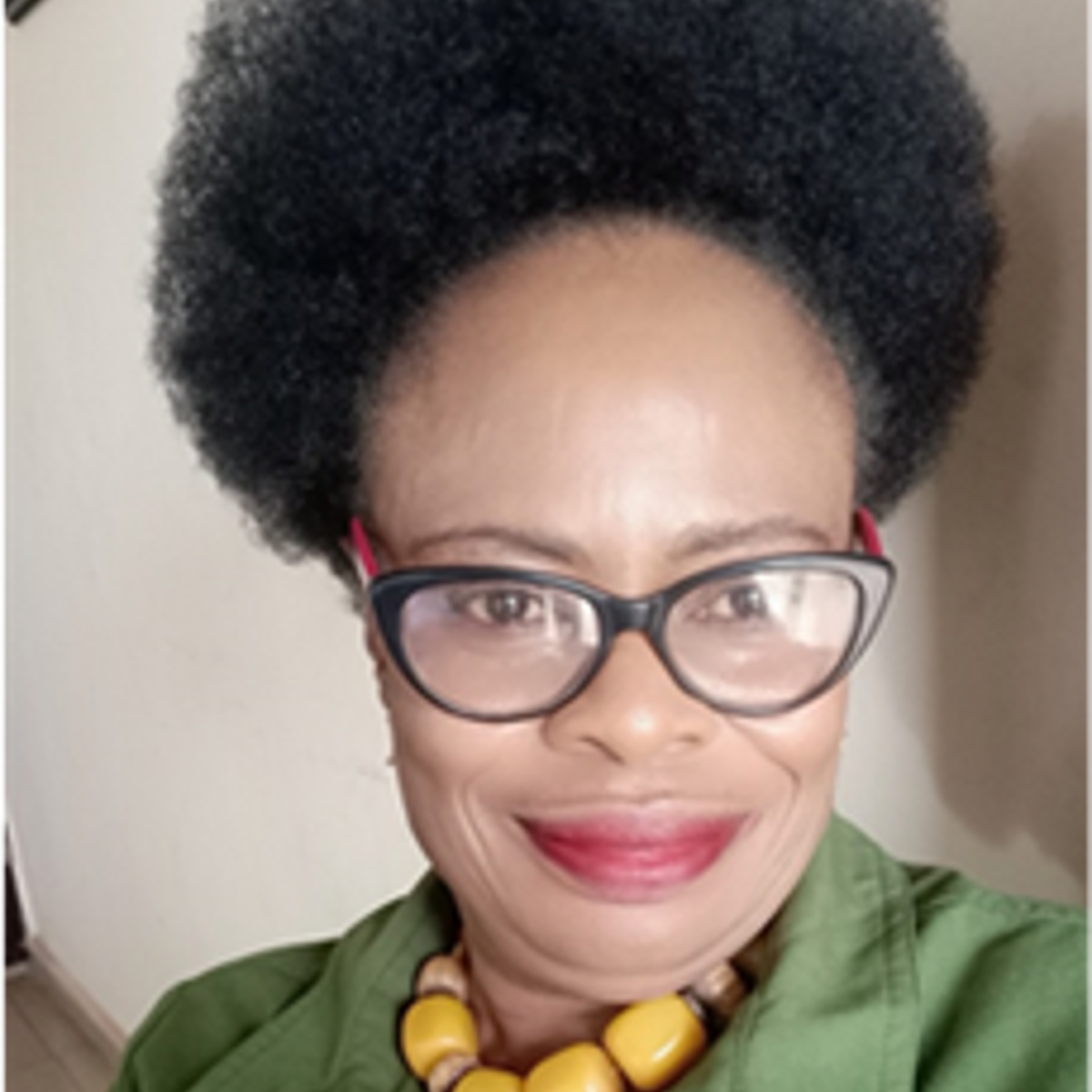12 university partners from Ghana and Nigeria join the Partnership for Enhanced and Blended Learning (PEBL) West Africa project.

With the support of the Australian Department of Foreign Affairs and Trade (DFAT), the ACU led on a capacity strengthening programme building on the successes of PEBL in East Africa. The programme ran from September 2021 to August 2024.
PEBL West Africa supported academics and students across 12 universities in Ghana and Nigeria to build sustainable capacity for blended learning through expert-led training, collaboration, and the development of quality assured, credit-bearing blended courses.
This external report produced by INASP presents the results of an evaluation of the PEBL WA programme.
Introducing blended learning in universities in West Africa (April 2024)
This ACU report outlines some of the key findings from delivering PEBL WA.
PEBL West Africa: Key insights on blended learning (July 2024)
This report outlines recommendations for policymakers in government and higher education, developed in the course of delivering PEBL WA.
Blended learning - making it work: from policy to practice [PDF]
Lead partner: The Association of Commonwealth Universities
Testimonials
‘Participating in PEBL has helped me develop personally and professionally’ explains Dr Carlene Kyeremeh, Vice President of Academic and Student Affairs at All Nations University in Ghana. ‘The training workshops are a great way to meet new people and expand networks and the trainers are knowledgeable and helpful. They really invest in the whole learning experience with an eagerness to impart knowledge and a genuine desire to help you.’
With several students travelling long distances to get to the university, All Nations University had identified a need for online learning prior to the pandemic. ‘Online learning is something that we have wanted to explore for quite some time now, and PEBL provided the perfect opportunity to launch it’, Carlene recalls.
The PEBL training unlocked new thinking and perspectives for Carlene. ‘The training has given me a new perspective on student learning. Even at the beginning when you’re asked about what you want to get out of a blended learning course, it really makes you think. In a face-to-face setting, you normally write the learning outcomes, go to class, and teach it, but with blended learning, you really need to interrogate the online activities to make sure they align with the learning outcomes. I think I’ve learnt a lot about a course that I've taught before.’
The process of designing online activities prompted Carlene to carefully consider student engagement. ‘Students learn differently, and you must factor this in when designing the course to meet diverse needs and ensure that everybody - regardless of how they learn - will achieve the learning outcome, because if students are not engaged, nobody benefits’, Carlene reflects.
‘One thing I've learned from PEBL West Africa is that what many think is online teaching is not online teaching. It isn’t just uploading the course material online for students to read before an exam, we must be able to ensure students are consistently engaging with the content and activities. PEBL has been a great source of guidance on this’, Carlene explains.
Looking forward, Carlene plans to share her experience with colleagues at All Nations University and advocate for the wider roll out of blended modules across the university.


As cases of COVID-19 spread across the world in 2020, the majority of educational institutions including Ebonyi State University (EBSU), Nigeria, were shut down by African governments.
To ensure academic continuity, many universities migrated from traditional face-to-face teaching and learning to the online environment. However, no contingency plans were in place for this new transition for EBSU. Not only was the university challenged due to a lack of technological infrastructure for migrating to the virtual environment, but also many faculty members and students lacked the knowledge and skills to navigate an online learning management system.
‘Both staff and students were highly enthusiastic and willing to embrace PEBL at EBSU as a new innovation. It came at a time when we really needed it’, explains EBSU-PEBL team member, Dr Catherine Nnamani, Associate Professor of Plant Systematics and Conservation Biology, at EBSU.
Catherine is currently working with the EBSU-PEBL team to optimise the General Biology 1 (BIO 101) course for blended learning. Catherine is leading the team on developing the module and developing original course material as lead author. She is also guiding team members on the best pedagogical tools to use, and cascading skills, techniques and ideas acquired during the DBL 4 training to fellow staff members.
‘Being a participant in the PEBL West Africa programme has opened my academic mind and developed my skills for designing and delivering blended learning modules. I can proudly and comfortably say that there is an amazing paradigm shift in my career progression as a faculty member (Department of Applied Biology) based on the transformative skills acquired during DBL4 training’, Catherine recalls.
‘I'm thankful to the PEBL West Africa team, including the funder – the Australian Department of Foreign Affairs and Trade (DFAT), the ACU as the Lead Partner, the coordinator Ruth Brown, the facilitators and my university management for selecting me. Their continued care has been supportive in making the training sessions seamless and enjoyable’.
‘Blended learning and teaching can overcome the barriers associated with the face-to-face approach such as distance, time, space, location, and shortage of lecturers. We are enthusiastic about the positive impacts blended learning will have on both staff and students at EBSU.’

